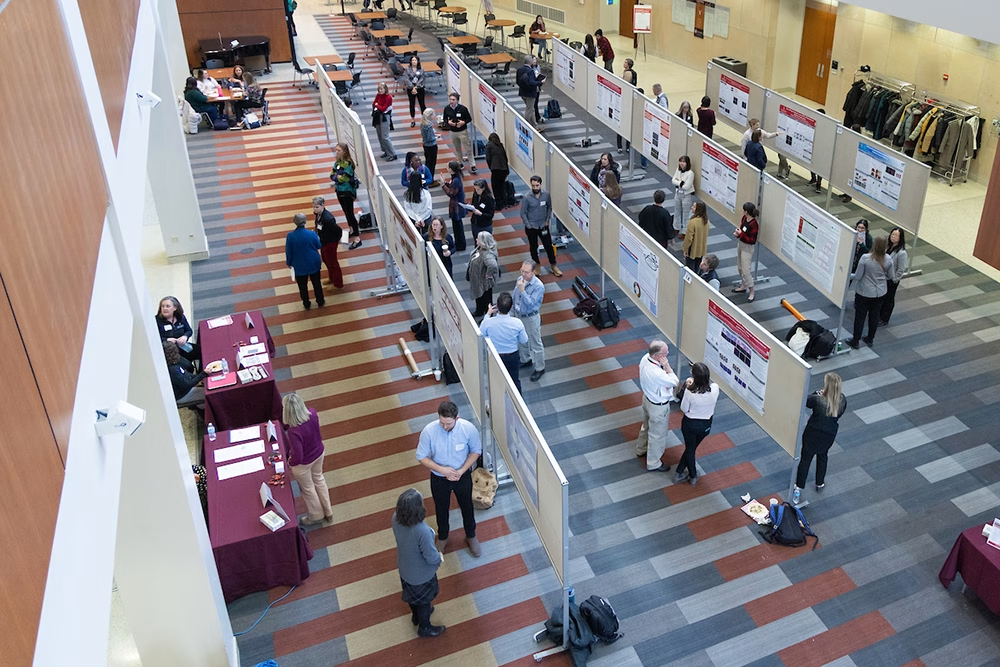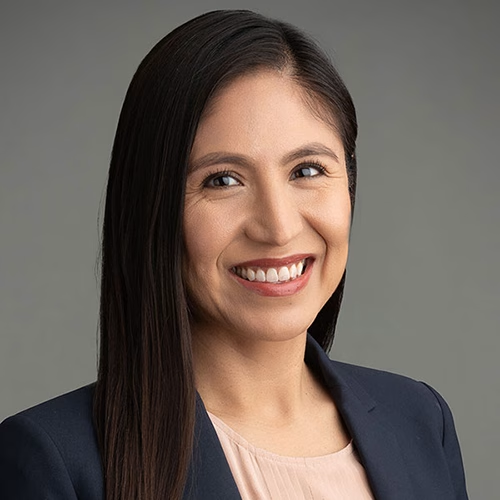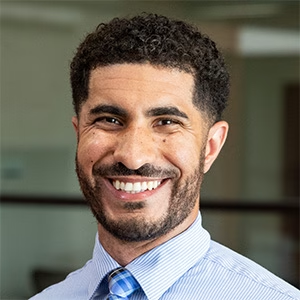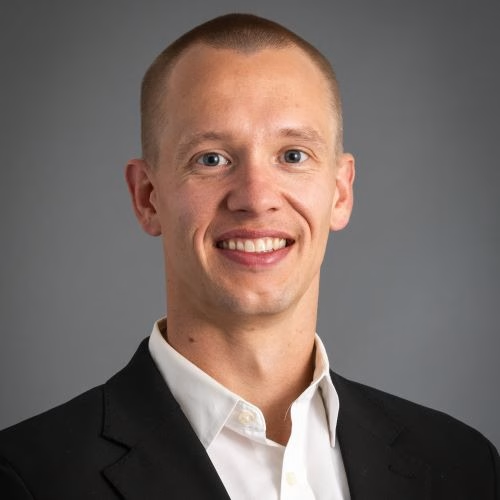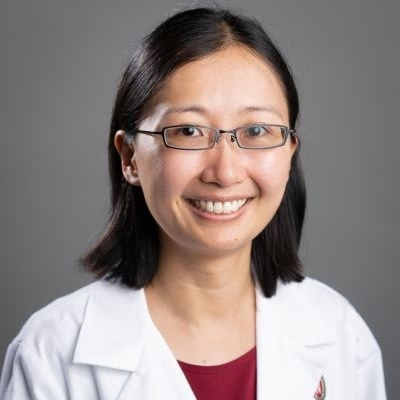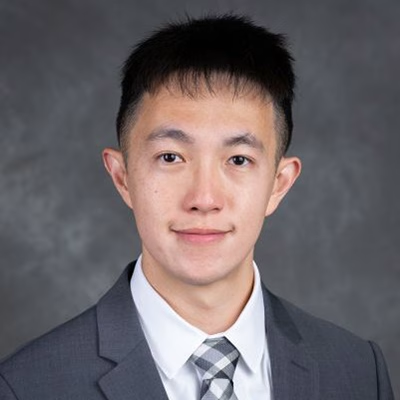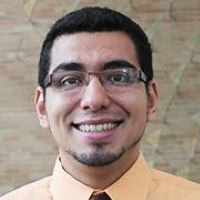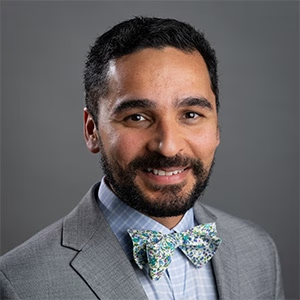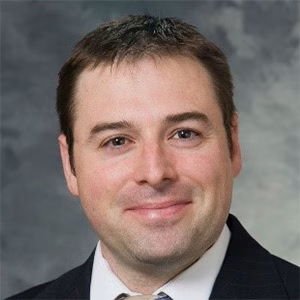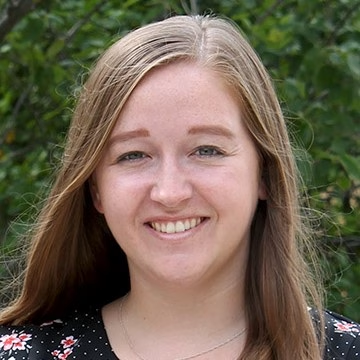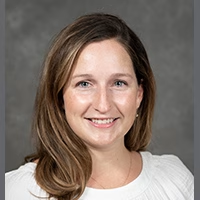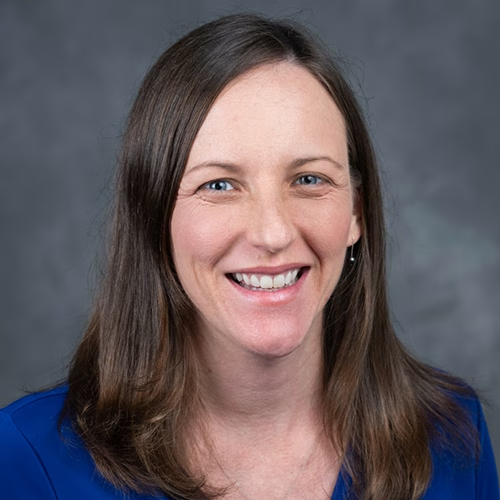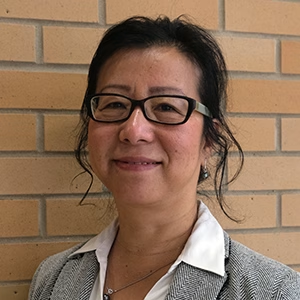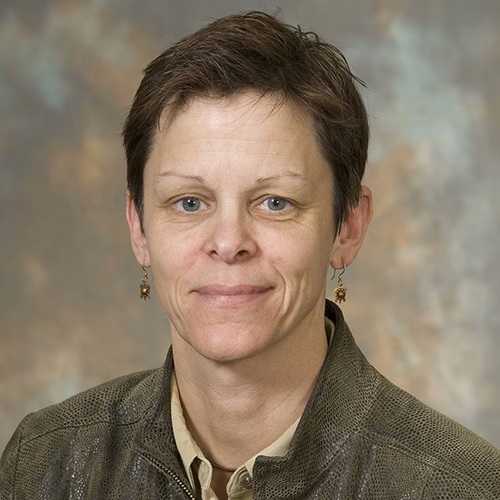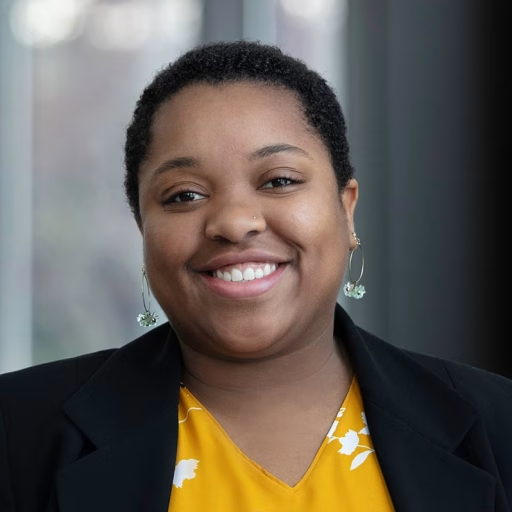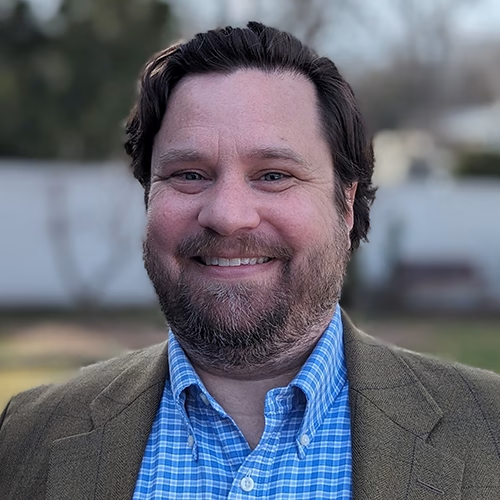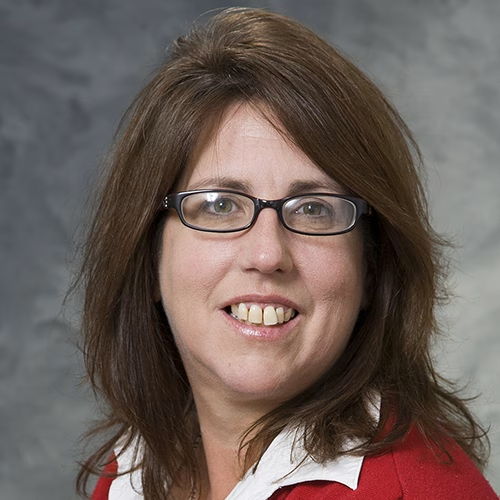About
The NCATS Clinical and Translational Science Awards (CTSA) Program is designed to develop innovative solutions that will improve the efficiency, quality, and impact of the process for turning observations in the laboratory, clinic, and community into interventions that improve the health of individuals and the public. The translational research enterprise requires a 21st century workforce that can advance clinical and translational science that will, in turn, increase the efficiency and efficacy of translation, with the goal of getting more treatments to more patients more quickly.
The ICTR Mentored Research Scholar KL2 Program is designed to prepare a heterogeneous pool of promising early-stage faculty scholars who demonstrate a commitment to independent research careers, and to facilitate their transition to NIH research grant support. The KL2 program provides support and protected time to scholars for an intensive research career development experience guided by an experienced mentorship team with expertise in clinical and translational science. Moreover, our program provides protected time to enhance the scholar’s research-focused career development experiences as clinical and translational science researchers, both in their chosen areas and in research areas.
By understanding the scientific and operational principles underlying each step of the translational process, upon the completion of the institutional research career development program, scholars will be prepared to launch into research independence. The scholars should be able to turn research into interventions that improve the health of individuals and the public while simultaneously poised to take on leadership roles in clinical and translational science.
K Writing Groups
The K writing group is for early-career investigators – faculty, postdocs, other trainees – submitting a K application ideally within the next year. Participants should identify a primary mentor with a history of independent R-level funding.
Small groups of eight meet six times over a few months to help participants prepare non-scientific elements (e.g. specific aims, biosketch, candidate statement) of applications for various NIH K awards (K01, K08, K23). Each session consists of a short didactic presentation to emphasize critical elements of a particular application component. In the remaining time, participants review each other’s writing to discuss important observations about grantsmanship.
Register online to be placed on a writing group waiting list. Please email Peggy Hatfield, pmhatfie@wisc.edu, to learn more or to join a current group.
